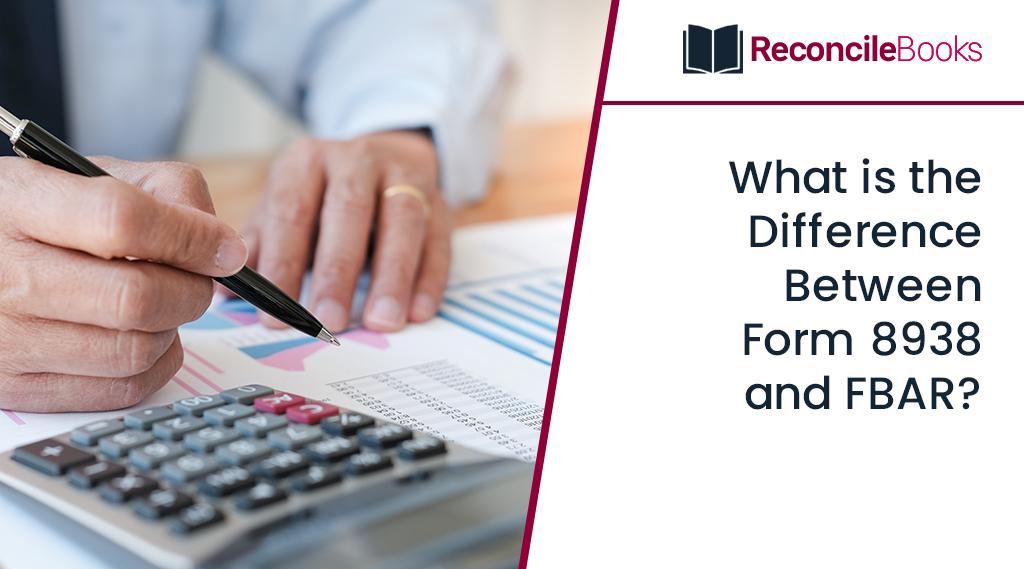This is in addition to the existing requirement to file FinCEN Form 114, Report of Foreign Bank and Financial Accounts (FBAR), if the taxpayer has financial interests in or signature authority over foreign financial accounts exceeding certain thresholds.
Both Form 8938 and FBAR reporting requirements are designed to help the IRS detect and combat international tax evasion. However, there are some key differences between the two forms that taxpayers should be aware of.
The main differences between Form 8938 and FBAR are as follows:
Reporting threshold: The reporting threshold for Form 8938 is higher than that for FBAR. For Form 8938, U.S. taxpayers must file if the total value of their specified foreign financial assets exceeds $50,000 on the last day of the tax year or more than $75,000 at any time during the tax year. In contrast, for FBAR, U.S. taxpayers must file if the total value of their foreign financial accounts exceeds $10,000 at any time during the calendar year.
Types of accounts reported: Form 8938 requires U.S. taxpayers to report a broader range of foreign financial assets than FBAR. Form 8938 requires reporting of foreign bank accounts, foreign mutual funds, foreign stocks and securities, and certain foreign retirement plans, among others. In contrast, FBAR only requires reporting of foreign financial accounts, including bank accounts, securities accounts, and certain types of insurance policies.
Filing requirements: Form 8938 is filed with the taxpayer's federal income tax return, whereas FBAR is filed separately with the Financial Crimes Enforcement Network (FinCEN). Additionally, the deadline for filing Form 8938 is the same as the taxpayer's income tax return, whereas the deadline for FBAR is April 15th, with a six-month extension available.
Penalties for non-compliance: The penalties for non-compliance with Form 8938 and FBAR are different. Failure to file Form 8938 can result in a penalty of up to $10,000, with additional penalties of up to $50,000 for continued non-compliance after IRS notification. In contrast, the penalties for FBAR can be much more severe, with a penalty of up to $10,000 per violation for non-willful violations, and penalties of up to 50% of the account balance per violation for willful violations.
Read also: Write Off a Customer Bad Debt in Sage 50
Unlike FBAR, which only requires taxpayers to report on their foreign financial accounts, Form 8938 also requires taxpayers to report on certain foreign assets such as stocks, bonds, and real estate. In addition, the filing thresholds for Form 8938 are much higher than those for FBAR: $50,000 for unmarried taxpayers living in the U.S., $100,000 for married taxpayers filing jointly, and $200,000 for married taxpayers filing separately.

